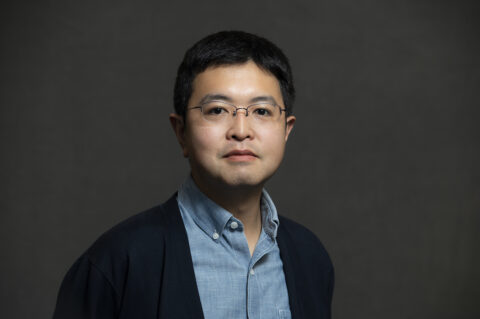
Download
Veranstaltungsort
Online and DIJ Tokyo (access)
Anmeldung
This is a past event. Registration is no longer possible.
DIJ Mailing Lists
Please subscribe below to stay informed about our research activities, events & publications:
The Role of Imagined Futures in Gendered Educational Trajectories: Adolescents’ Expectations and Uncertainty in Japanese Selective High Schools
17. Juli 2024
Fumiya Uchikoshi, Weatherhead Center for International Affairs, Harvard University
In Japan, despite women’s improved access to higher education, still only one in five applicants to the nation’s top university are women. This presentation focused on the role of high school students’ “imagined futures” in the context of highly uncertain admission and diversified higher education to provide explanations for the underrepresentation of women in Japanese selective universities. Specifically, the speaker drew the data from qualitative interviews with high school seniors and teachers in selective high schools where almost everyone goes to college. In contrast to the expectation that students in these selective high schools are homogeneous in terms of meritocratic aspirations, he found significant gender differences in “aiming high.” He also found that the gender gap in aspirations to selective colleges is related to gendered imagined futures. Specifically, female students, who are more likely to be clear about their future career plans and expect career interruptions due to family events, tend to think about their educational choices based on narrowly defined occupational plans and consider vocational education and marketable skills more than other criteria (e.g., selectivity or prestige) in their school selection processes. By contrast, male students’ imagined futures are characterized by what Johnson-Hanks (2005) calls “judicious opportunism,” wherein they tend to be less clear about their future career pathways and possess a belief that the prestige of the school they will eventually attend affects their options when they graduate and enter the labor market. This presentation provided theoretical insights into how gendered imagined futures and macro-level contexts combine to allocate men and women with similar academic potential into different educational and occupational trajectories, with implications for inequality in higher education in other sociocultural contexts.
Fumiya Uchikoshi is an incoming Academy Scholar at the Harvard Academy for International and Area Studies, housed at the Weatherhead Center for International Affairs at Harvard University. He completed his Ph.D. in sociology at Princeton University. His research interests include social stratification, family demography, gender, and education.